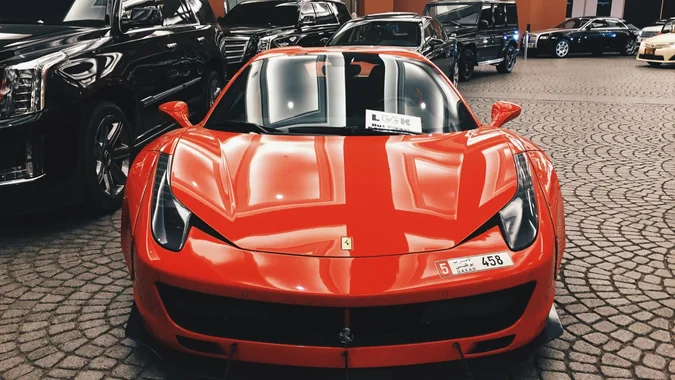
Luxury car manufacturers are now betting heavily on the future of smaller towns. Companies like BMW, Mercedes-Benz, and Audi see great potential in rapidly growing Tier II and Tier III Cities. Pre-owned cars and the number of dealerships in smaller towns are essential in the penetration rate of luxury vehicles.
Audi India’s business of pre-owned vehicles saw the highest-ever quarterly sales growth with a 50 percent increase. The entire country has over 300 cars on the Audi Approved Plus portal. The market for used cars has grown in the last two to three years, particularly in Tier-II cities and Tier-III. Audi India’s Audi Approved Plus (pre-owned car) business has increased from seven facilities in 2021 to 23 to meet the demand.
BMW Premium Selection is a critical component of the success of BMW. It is India’s first structured pre-owned car business, distinguished by its exclusive approach. BMW Premium Selection in India has given a significant boost to BMW’s operations and introduced many new customers, mainly from non-metros, to the BMW brand. Customers can experience the quality of the vehicle, customer service, and sales process by purchasing a used car. When deciding, customers who plan to buy a new vehicle shortly should consider this factor. BMW Premium Selection is a great way to introduce many customers from the near-premium segment to the world of luxury. Vikram PAwah, President and CEO of BMW Group India, said that BMW Premium Selection had boosted BMW operations in India and introduced new customers to BMW, particularly from non-metros.
Lance Bennett, VP-Sales and Marketing, Mercedes-Benz India, shared a similar view. “Mercedes-Benz Certified and Mercedes-Benz Marketplace, as well as the newly launched online pre-owned car store, enable customers to choose a Mercedes-Benz of their choice among the range of available pre-owned Mercedes-Benz vehicles. These flexible and trusted programs lead to a significant increase in sales for mini metros.
Tier II and III Cities dominate Lexus India’s pre-owned luxury vehicle sales. They account for almost 40% of the company’s total sales. This upward trend coincides with customers becoming interested in the new price ranges for luxury car brands. The market has grown simultaneously, said Naveen Soni, the president of Lexus India.
Dealership Stores
India is now getting dealerships that meet international standards. BMW Group India wants to expand the Indian luxury vehicle market by partnering with strong dealers. Pawah, BMW Group India CEO, said: “We have taken a decisive step by setting up over 80 touchpoints across 35 cities in the country. We remain customer-centric by setting high standards in service quality, and customer care.”
Mercedes-Benz has over 123 contact points in 45 cities. Mercedes-Benz introduced the Retail of the Future model (ROTF) in 2021, a ‘Direct-to-Customer’ sales channel. Mercedes-Benz India’s new business model ROTF allows it to set the price and provide inventory and invoices directly to customers. Customers get the best possible price, a smooth purchase process, transparency, and the best experience. This omnichannel retail model spans both traditional and digital formats, thus building a focus on e-commerce. Customers can complete the booking process at home,” said Bennett of Mercedes-Benz India.
Lexus India is a well-established brand in India with 23 touchpoints located across 16 cities. Over the past year, eight Lexus service centers have been added. Soni, President of Lexus India, said we are opening smaller brand spaces called Meraki.
Lexus covered 56 percent of the market with seven major cities at the start of last year. In addition to the eight service centers, Meraki has opened one in Coimbatore, one in Gurgaon, and another in Pune. By the end of this year, we plan to have a market share of 85-86 percent. We have also launched Lexus Virtual Dome, an online touchpoint that allows our guests to experience Lexus virtually. We plan to open up more service points to reach around 90% of the luxury vehicle market wherever Lexus is located.

